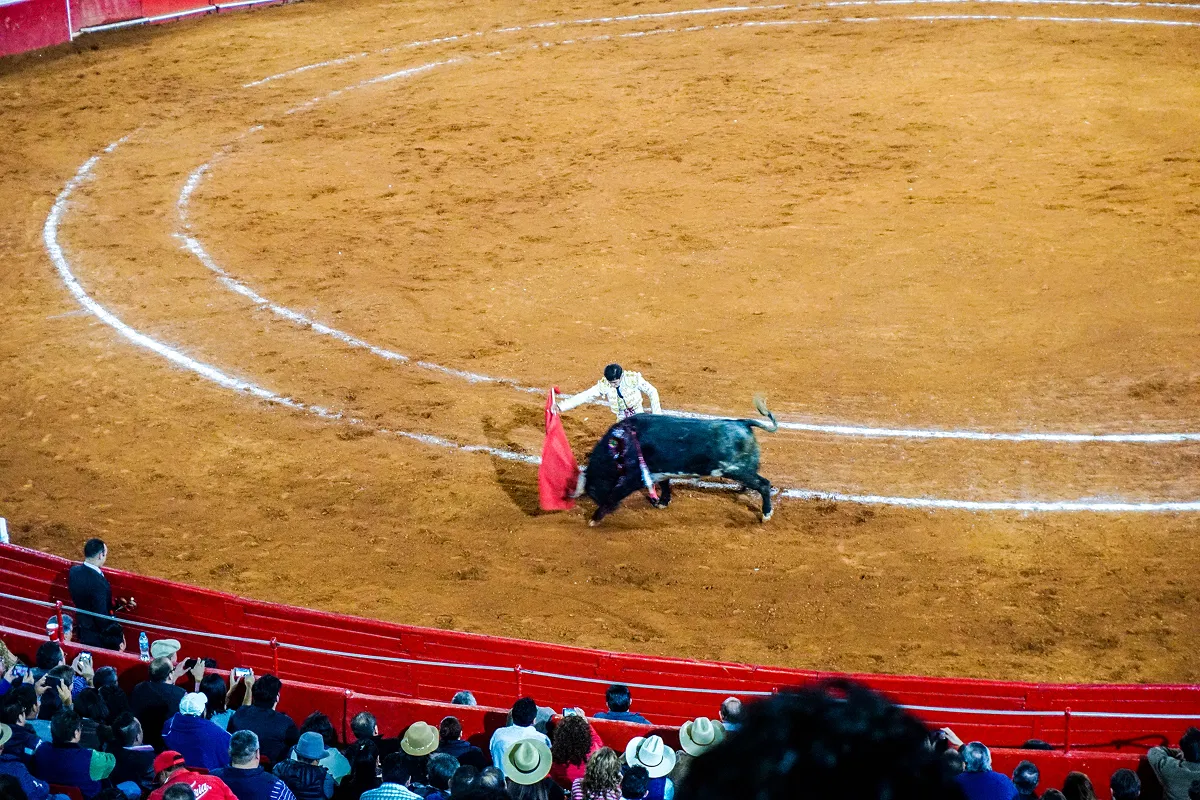Copyright euroweeklynews

COLOMBIA has taken a historic step towards ending bullfighting, reigniting the debate in Spain as views towards animal welfare and cultural heritage evolve. A cultural tradition meets its end In May 2024, Colombia’s Congress passed the No Más Olé law, banning bullfighting, rejoneo (bullfighting whilst riding a horse) and other related spectacles nationwide. The legislation allows a three-year transition period, giving those employed in the bullfighting industry time to adapt before the ban takes full effect in 2027. The ban also necessitates a comprehensive plan to support those affected, including alternative employment opportunities and the repurposing of bullfighting arenas for cultural, recreational, sports, and artistic uses. President Gustavo Petro welcomed the reform, stating when endorsing the bill into law that: “justice cannot tell the world that killing sentient beings for fun is culture.” Lawmaker Juan Carlos Losada said the decision signalled a cultural shift, ensuring that: “future generations will grow up in a country where creativity replaces cruelty.” Spain’s enduring relationship with the corrida (bullfight) Spain remains one of the few countries where bullfighting continues to be protected by law as part of its cultural heritage. In 2016, the Constitutional Court overturned Catalonia’s attempt to prohibit the practice, arguing that the spectacle forms part of Spain’s national identity. Public opinion tells a different story. A recent Fundación BBVA survey found that 77 per cent of Spaniards reject bullfighting, whilst the government’s Culture Minister, Ernest Urtasun, noted that “a growing majority of Spaniards are concerned about animal welfare.” Several municipalities have already withdrawn funding for bullfighting festivals, backed by dwindling attendance and public discomfort. Heritage versus humanity Supporters of bullfighting argue that it sustains rural economies, preserves a historic art form and provides employment across breeding, tourism and performance. There is, however, concern that the promises made to support those affected by a potential ban may not be enough to safeguard livelihoods that depend on the trade. Colombian bull-rancher Sáez de Santamaría told US broadcaster WLRN that: “Bulls will now end up in a slaughterhouse. Bullfights are an ancient ritual with religious origins, and it’s sad these animals will now have to die unseen.” Detractors counter that culture should evolve alongside ethical awareness, and that the suffering of animals for entertainment can no longer be justified. Colombia’s measured approach offers a practical example of reform — combining cultural sensitivity with decisive policy. Its law includes education and employment programmes to help workers transition into new roles, ensuring that tradition gives way to transformation rather than disappearance. A shifting moral frontier Spain now faces a cultural fork in the road. The question is no longer whether bullfighting represents art or cruelty, but whether the nation’s sense of heritage can coexist with compassion. As Colombia has shown, ending the bullfight is not about erasing history — it is about redefining what a humane and modern society stands for.



